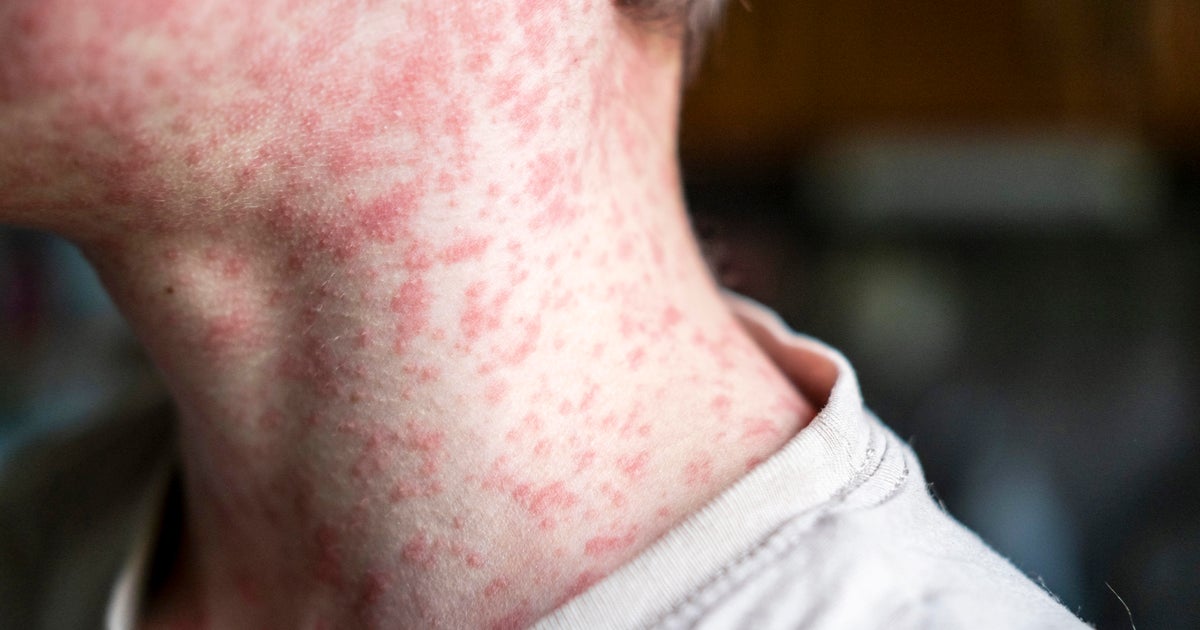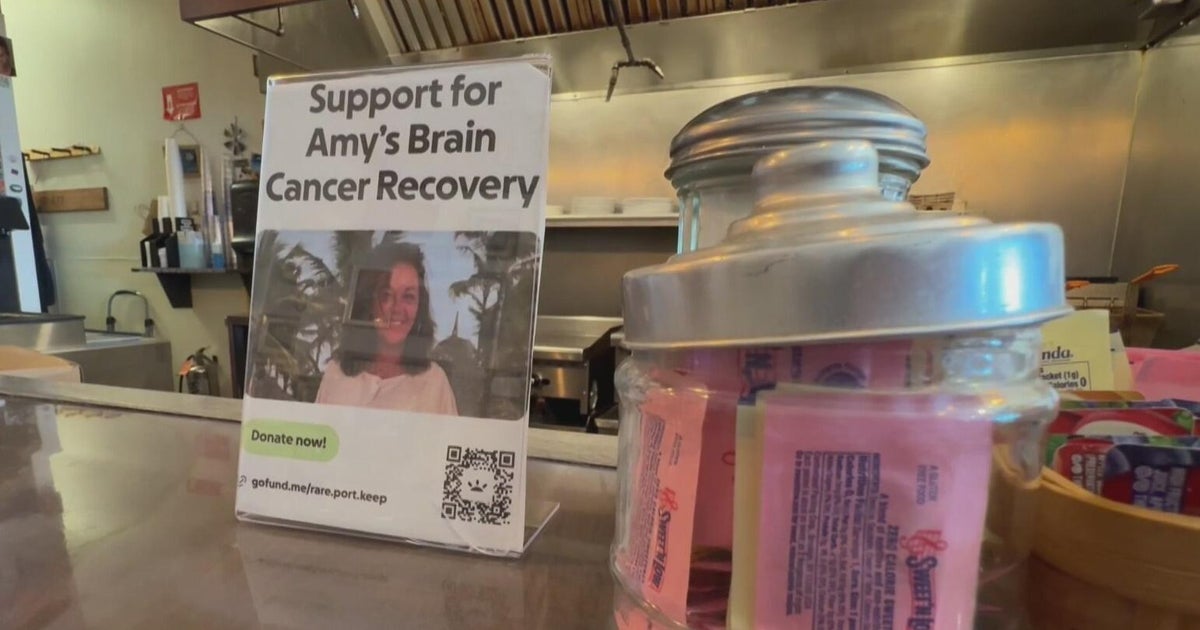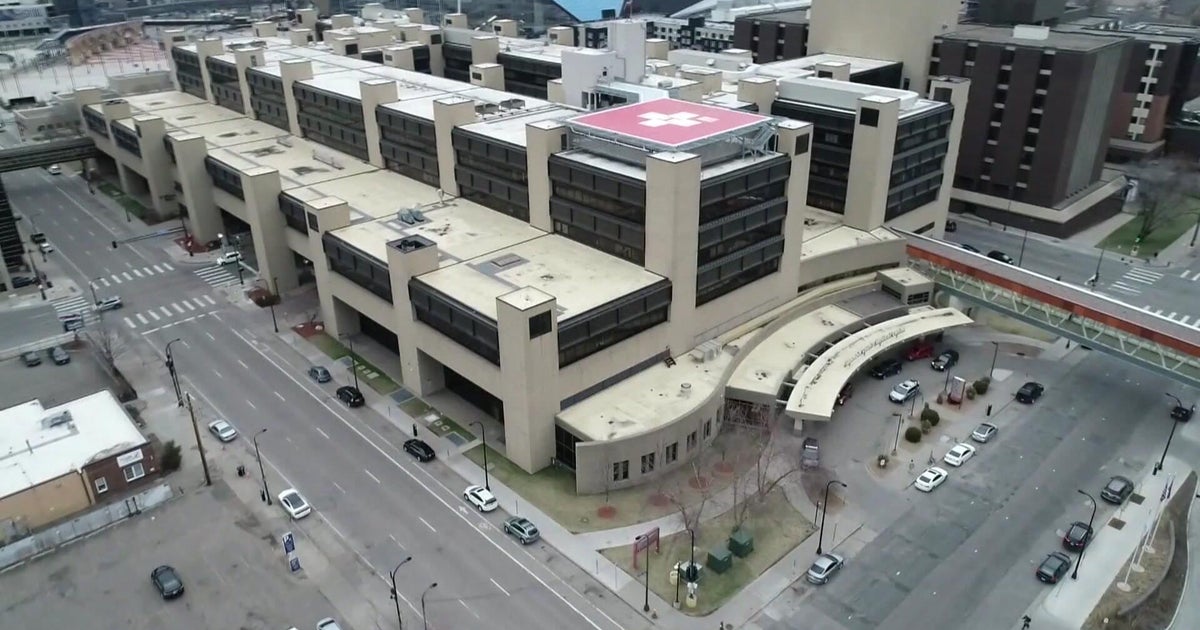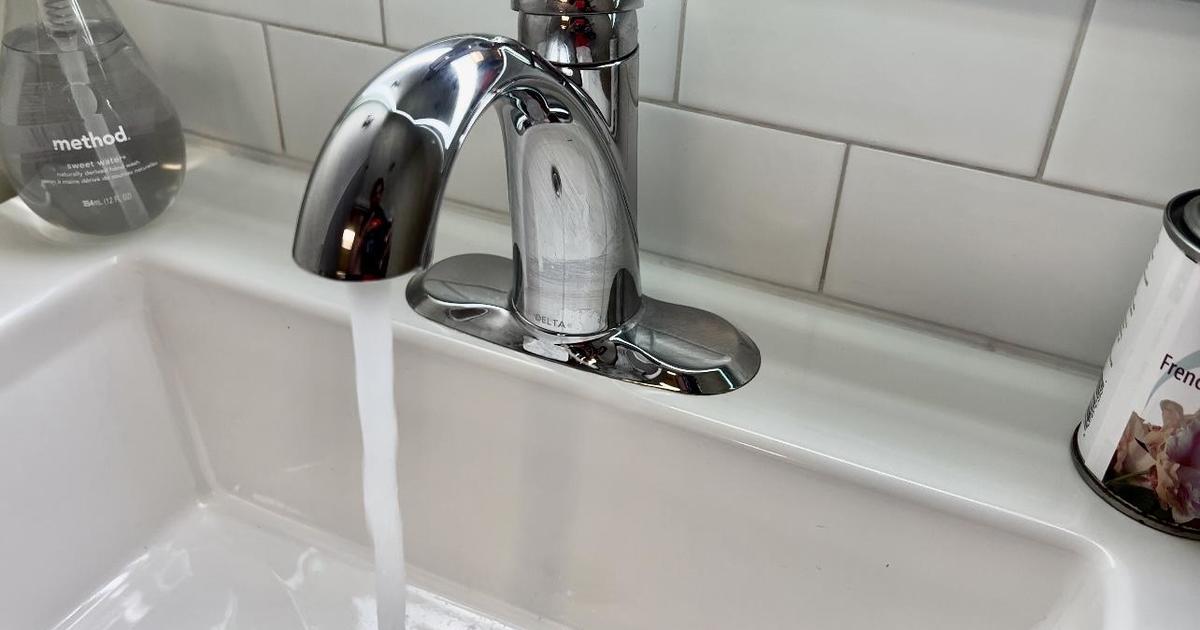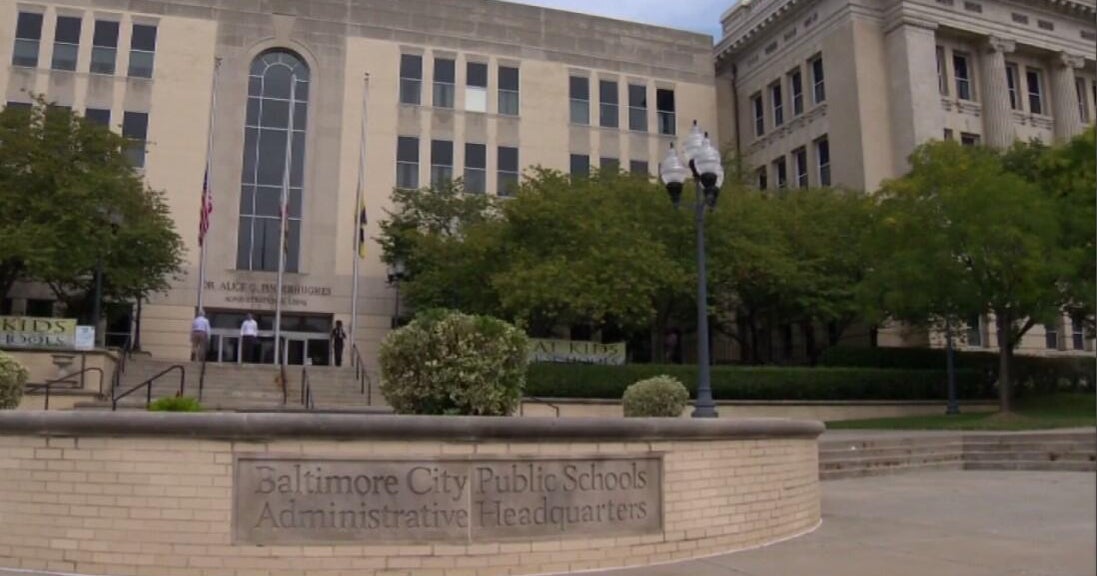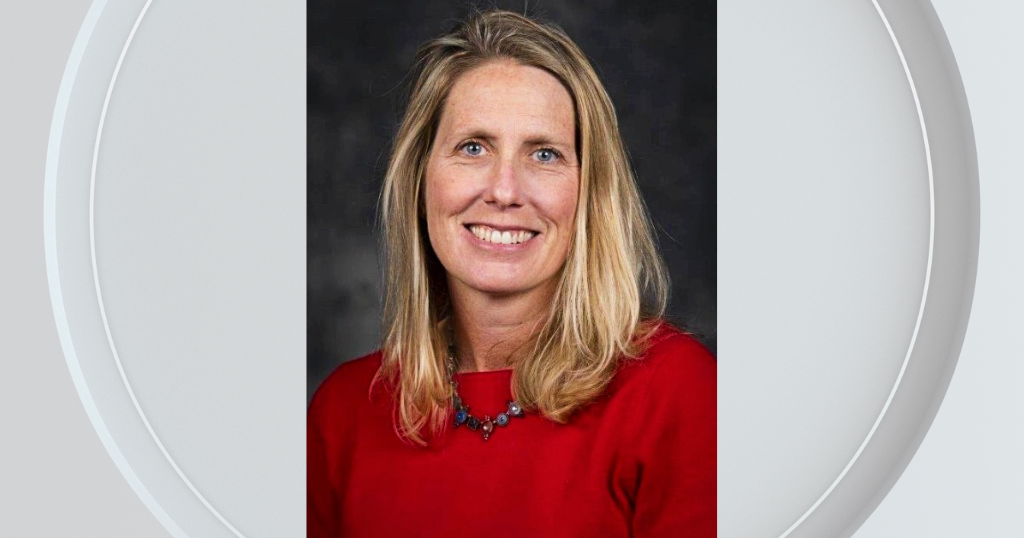Fridley's Cancer Rates Baffles Health Experts
FRIDLEY, Minn. (WCCO) -- Minnesota state health experts are looking into an unusually high cancer rate in one Twin Cities community that's also caught the eye of environmental activist Erin Brockovich.
Between 2000 and 2009, Fridley saw 10 percent more cancer cases than would be expected for a city of its size. Lung cancer was 30 percent higher than expected, and breast cancer was 8 percent higher.
Jason McCarty grew up in Fridley, and when he started thinking about all the people who died of cancer that he knew, he thought it was more than just a coincidence.
"It just kind of makes you wonder," he said.
McCarty has heard folks in Fridley talk about the cancer rates, considered soaring to some.
At first he regarded it as "small town gossip," but then he started pursuing answers as to why people have gotten sick. He started Fridley Cancer Cluster Facebook page in honor of his buddy Brad. At 49 years old, Brad recently died of brain cancer.
With nearly 1,200 Facebook fans of the page, McCarty recently added another.
"Dear Jason," he said, as he read an email, "I am deeply sorry to hear about this situation in Fridley, Minnesota."
That letter came from environmental activist Erin Brockovich. Her team is now looking for an answer.
"There was an excess of all types of cancers combined," said John Soler, who studies cancer in groups of people at the Minnesota Department of Health. He and his team are looking for a cause too.
Superfund sites like the River Road Industrial Center could be a start. There's also Fridley Commons Well Field, which the government says was contaminated. But pin-pointing the cause will be tough.
"We can't really look at our data and say, 'This is a group of people exposed to this chemical 20, 30 years ago.' Most of them didn't live there," Soler said.
He also admits that it's often not possible to find a clear answer.
Soler said the percentage increase in cancer rates is actually a preliminary number right now. He needs to look at Census data more closely, and even go back farther in Census data than previously. He thinks that number could change, once he has all the data.
McCarty is just looking for any news, which, in his eyes, would be welcome news.
"I know a lot of people with cancer," he said.
He could rattle off dozens of names. He hopes someday that he won't be able to, and the talk in town will shift to something else.
